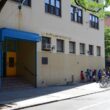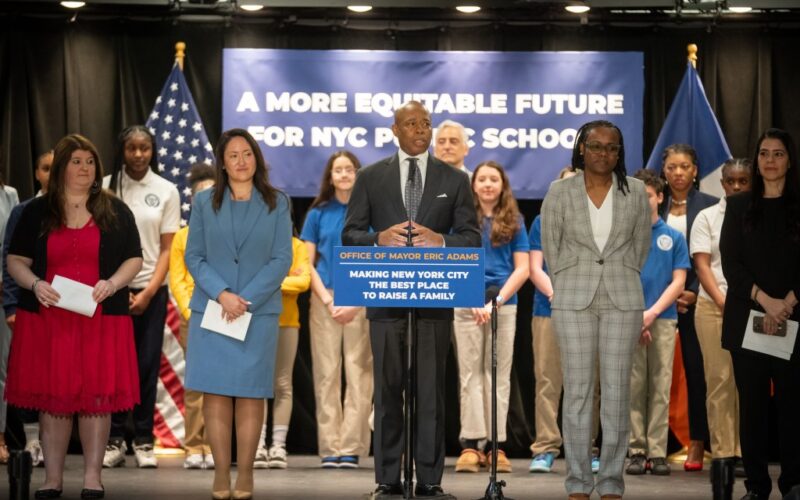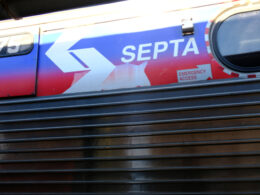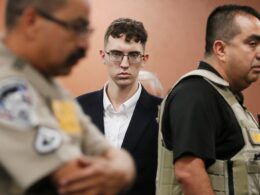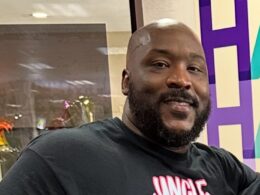Mayor Adams hopes to offer free after-school to more New York City families by opening 20,000 new program slots over the next few years, he is expected to announce on Tuesday afternoon.
The expansion, which he is dubbing “After-School for All,” will have an annual price tag of $331 million by the 2027-28 school year, according to plans to be shared at P.S. 20 Anna Silver on the Lower East Side. The additional seats are set aside for public school children in kindergarten through the fifth grade.
Once fully phased in, about 184,000 elementary and middle school students could have access to the city’s after-school programs, bringing the city’s total investment in after-school to $755 million per year.
“To make New York City the best place to raise a family, we need to make sure our young people and families have opportunities to thrive,” Adams said in a statement, “and that is why we are launching a big, bold vision to achieve universal after-school for free for all students who want it.”
“Our parents shouldn’t have to choose between picking up their child or working a job to put food on the table — and now they won’t have to.”
The mayor’s office said $21 million was allocated in his upcoming budget plan — coming later this week — to start rolling out 5,000 new program slots this fall. From there, the number of additional seats will double each year, until the expansion is baselined for the third school year.
Despite the aspirational name, it was not clear if Adams’ after-school program would be truly universal. Zachary Nosanchuk, a spokesman for the mayor, described the announcement as a “starting point” on a path to universal access — in other words, a seat for any family who wants one.
Last year, there were about 530,000 kindergarteners through eighth graders in the city school system, according to enrollment data.
The city’s Department of Youth and Community Development, which contracts with independent after-school operators to run the programs through an initiative known as COMPASS, has been tasked with assessing the level of need and adding slots if necessary.
DYCD is expected to soon release its first request for proposals in over a decade, giving after-school operators their first rate increase in years.
Adams is facing an uphill battle to reelection as an independent candidate. If polls hold, the implementation of any multiyear after-school plan could fall to a new mayoral administration, as the Trump administration mulls federal budget cuts and threatens to withhold funding from progressive cities.
Despite the fiscal headwinds, several of the mayoral candidates vying for the Democratic nomination have made free after-school part of their campaign promises for a more affordability city for families. Brooklyn State Senator Zellnor Myrie has floated an even greater expansion that spans from preschool through 12th grade, while former city comptroller Scott Stringer proposed a longer public school day.
A final budget negotiated with the City Council is due by the end of June.
